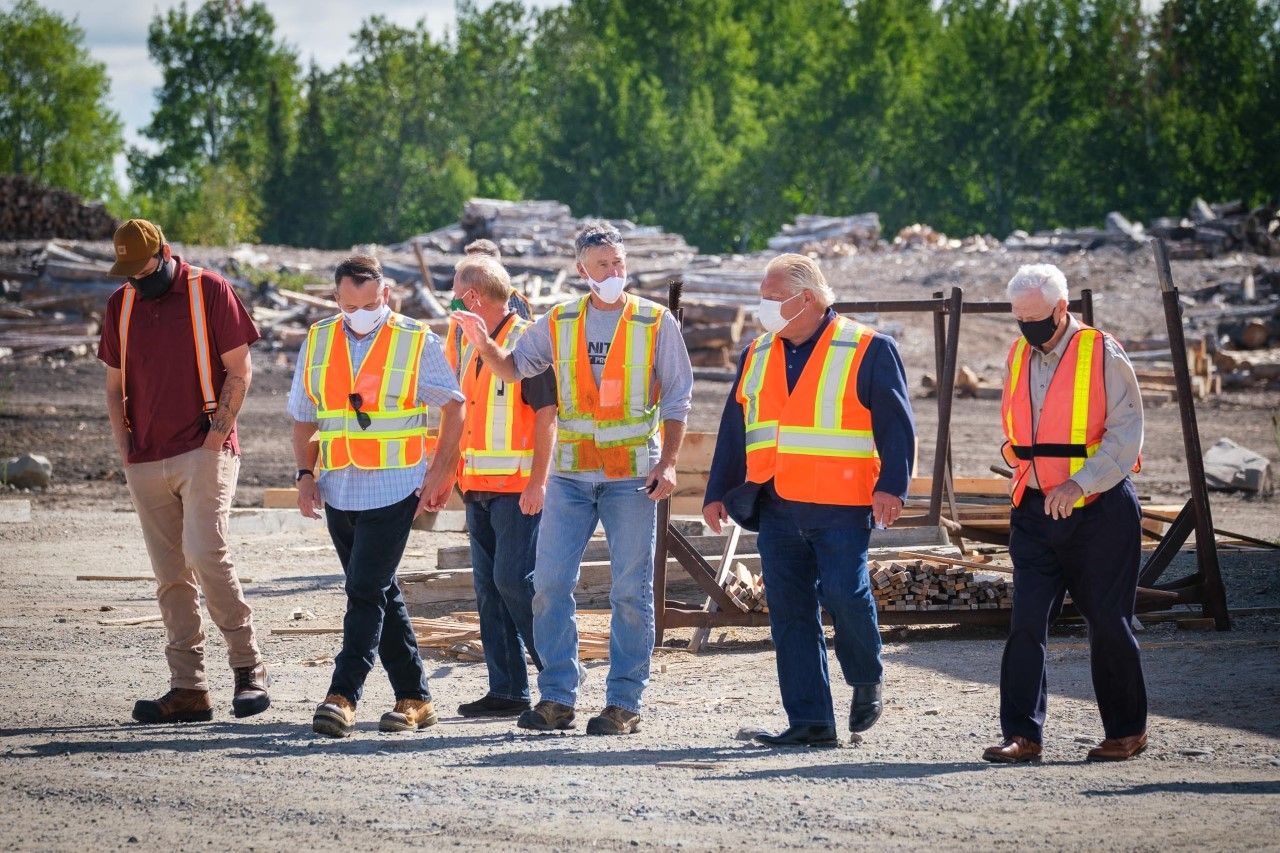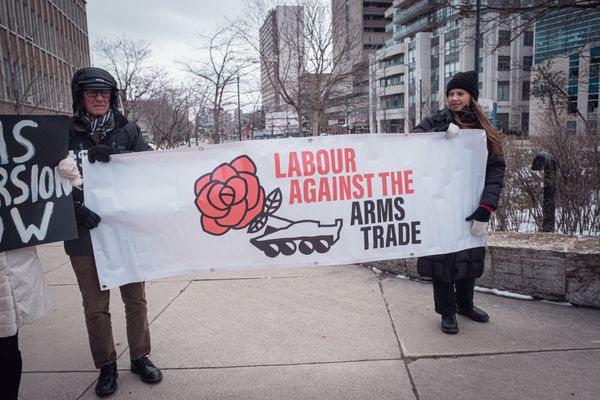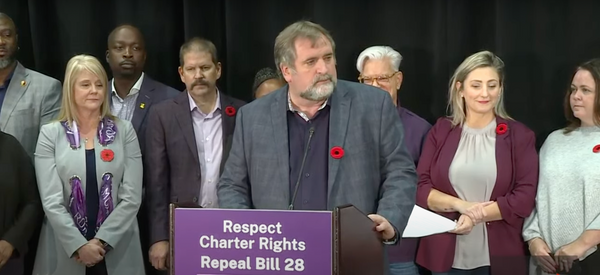It’s easy to overlook some of the less conspicuous bits of damage Premier Doug Ford and his government are doing in Ontario, thanks in particular to their deadly bungling of the early and middle phases of the pandemic. But the damage shouldn’t be ignored.
Just this week, Labour Minister Monte McNaughton announced that, pending the introduction of new legislation in coming months, the Workplace Safety and Insurance Board (WSIB) will begin paying back surplus funds to employers. In previous years, the WSIB was seriously underfunded, having less than 55 per cent of its future liabilities covered. But that underfunding was turned around by the previous Liberal government and eliminated fully in 2018.
The Globe and Mail describes how the proposed changes will work: “The payouts would be optional when the sufficiency ratio of the WSIB’s fund is between 115 per cent and 125 per cent, and mandatory when it is over 125 per cent. The sufficiency ratio compares the fund’s assets to its liabilities. As of March 31, the WSIB’s sufficiency ratio was 118 per cent, with more than $6 billion in net assets.”
The government will also be dropping the premiums charged to employers by 5 per cent, costing the WSIB fund about $168 million per year.
The impetus of this change, presumably, is a 2020 report commissioned by the government to review the WSIB’s operations. (The Board is at an arm’s length from the government, not directly run by a ministry.) One of its top recommendations was to introduce the surplus payouts.
However, there are far better options than putting the surplus back into the economy. As Deena Ladd, executive director of the Workers’ Action Centre, told the Star, “Workers are finding it harder and harder to get medications paid for. They’re getting told they’re ready to go back to work long before they actually are. That surplus could be used to help improve these things for workers.” Instead it’s going right back into the pockets of the corporations.
The report included multiple other reforms, many of them genuinely valuable suggestions that could help workers. But, tellingly, McNaughton effectively ignored them, and has explicitly stated to the Globe they won’t be addressed,
One of the main issues the report focuses on is the WSIB’s plodding and opaque nature. If you’re a worker injured on the job, getting what you’re owed from the Board is a long and arduous process. It’s the sort of system that makes running surpluses easier.
The report notes, “More responsive, timely, and individualized services are key for the [WSIB] to retain the trust and confidence of Ontarians now and into the future. That is the key takeaway from the review’s consultations and our own research and analysis.”
Another recommendation that has been ignored is to “ensure that legal representatives (including paralegals) participating in the occupational health and safety system are meeting a high ethical standard and properly serving their clients.” The report notes that a bunch of lawyers and others are doing things like “charging exorbitant fees (including ‘success fees’ of up to 30 per cent).”
The report also recommends that all new businesses automatically join the WSIB system, meaning having to pay into the WSIB, and having its workers covered.
There are other important recommendations the government has ignored in favour of giving money back to business: making long-term care and developmental support workers covered under the WSIB; increasing the budget for the office that provides advice and support to workers going through the claims process; making it law for unions to provide representation for workers making claims.
Remember that Ford has pitched himself as the politician sticking up for the little guy. Just this week, he ran radio ads about how he says “yes” to stuff: “I hear it all the time. Politicians are famous for finding reasons to say ‘no.’ That’s not me. I’m Doug Ford, leader of the Ontario PCs, and we’re the party saying ‘yes.’” Now he’s dropping the line in question period at Queen’s Park.
The premier isn’t the type of guy to just say yes to anyone, though. By looking at the WSIB recommendations, and only following the ones that help out businesses, you can see who it is that Ford cares about.
Understanding Ford and his style of politics is fairly straightforward. He sees the owners of small to medium business — guys like him and his inherited labels business — as the proverbial ‘little guy.’ They have to do paperwork, pay taxes and generally do stuff for the government that gets in the way of their businessing.
The people below them? The ones doing the actual labour that brings them the profit? They’re nothing to him. Nothing worth actually doing anything for, anyway.







Member discussion